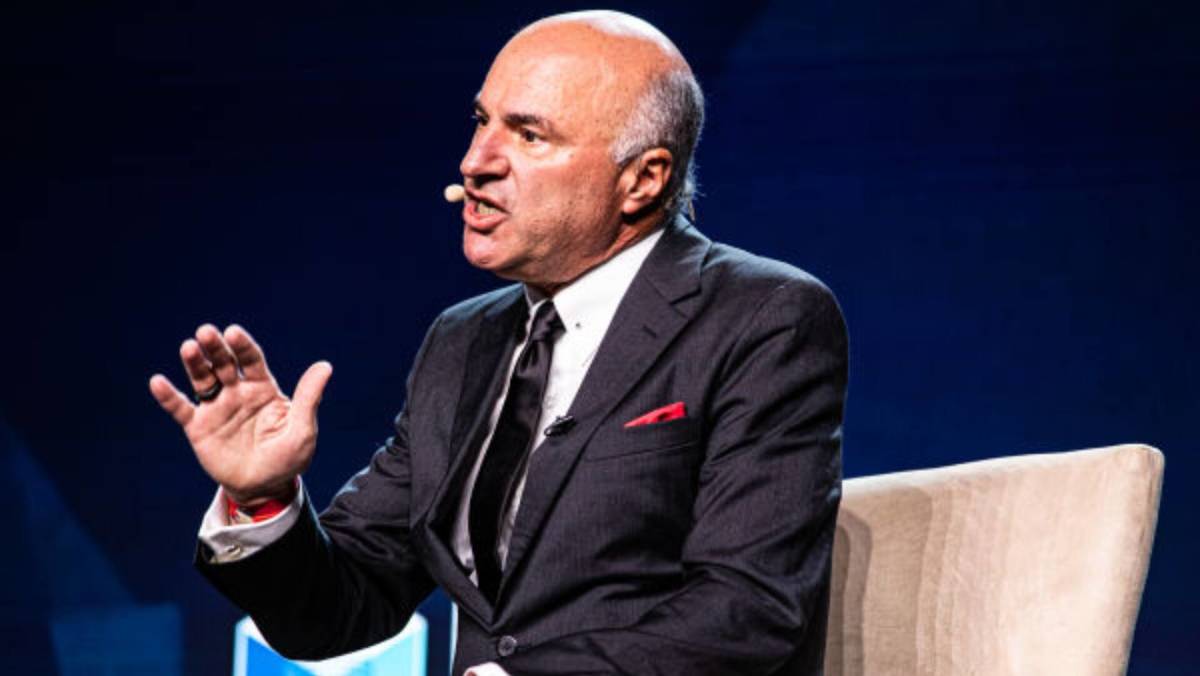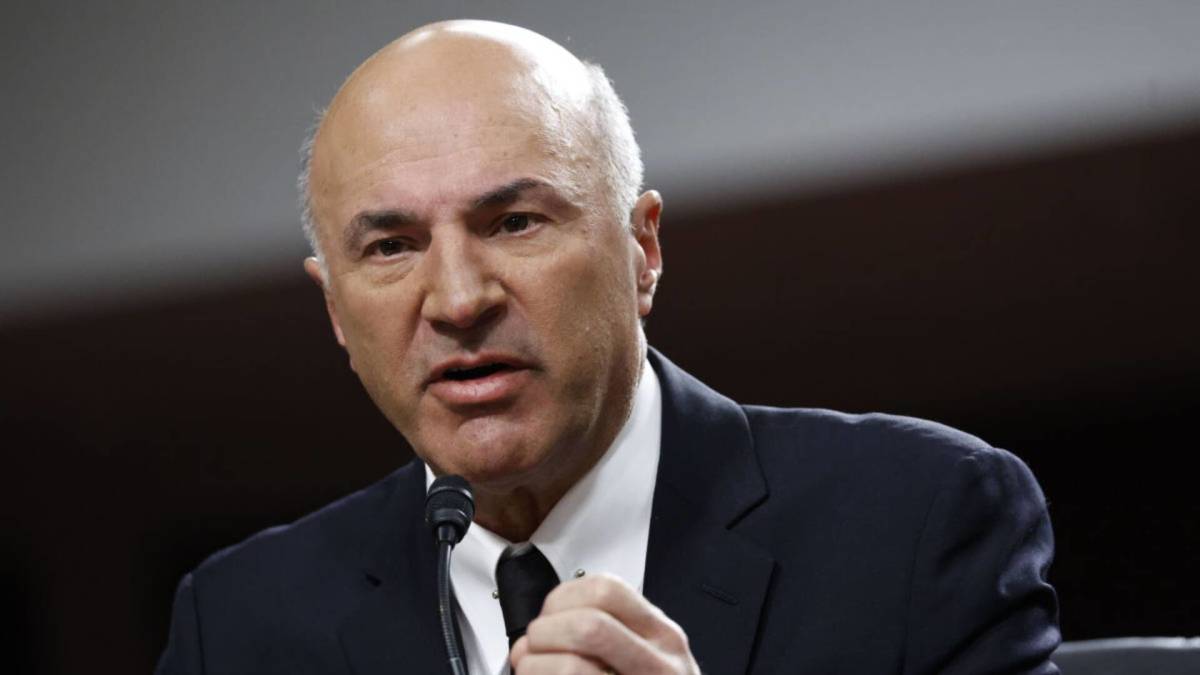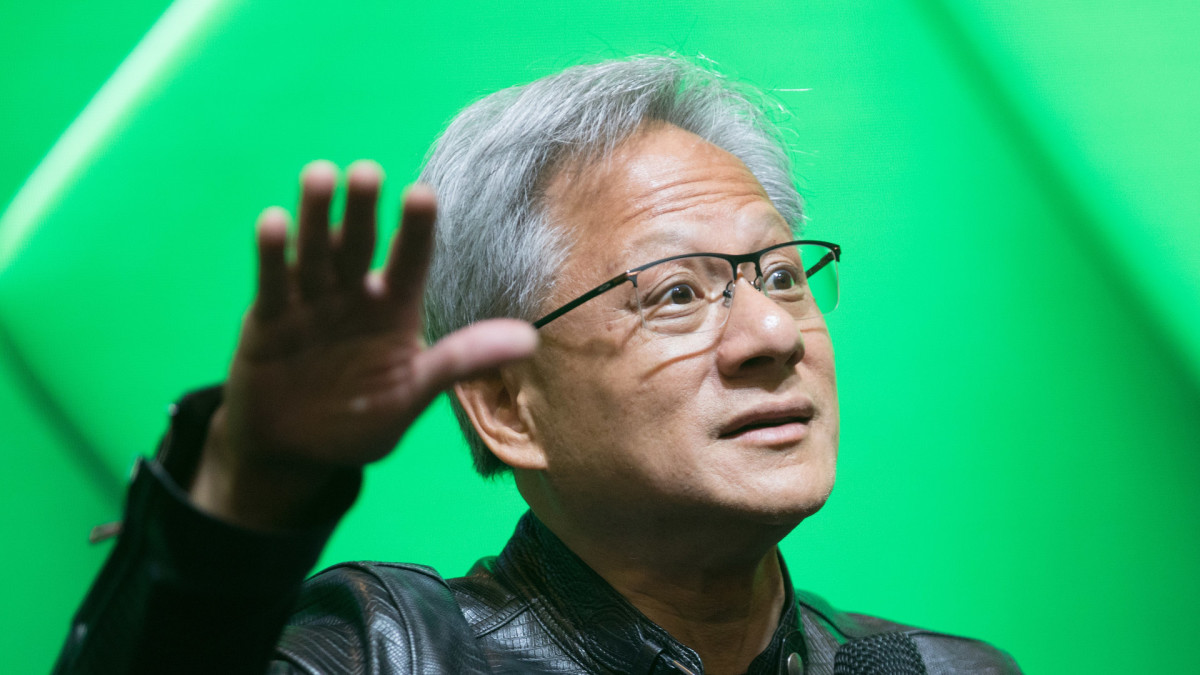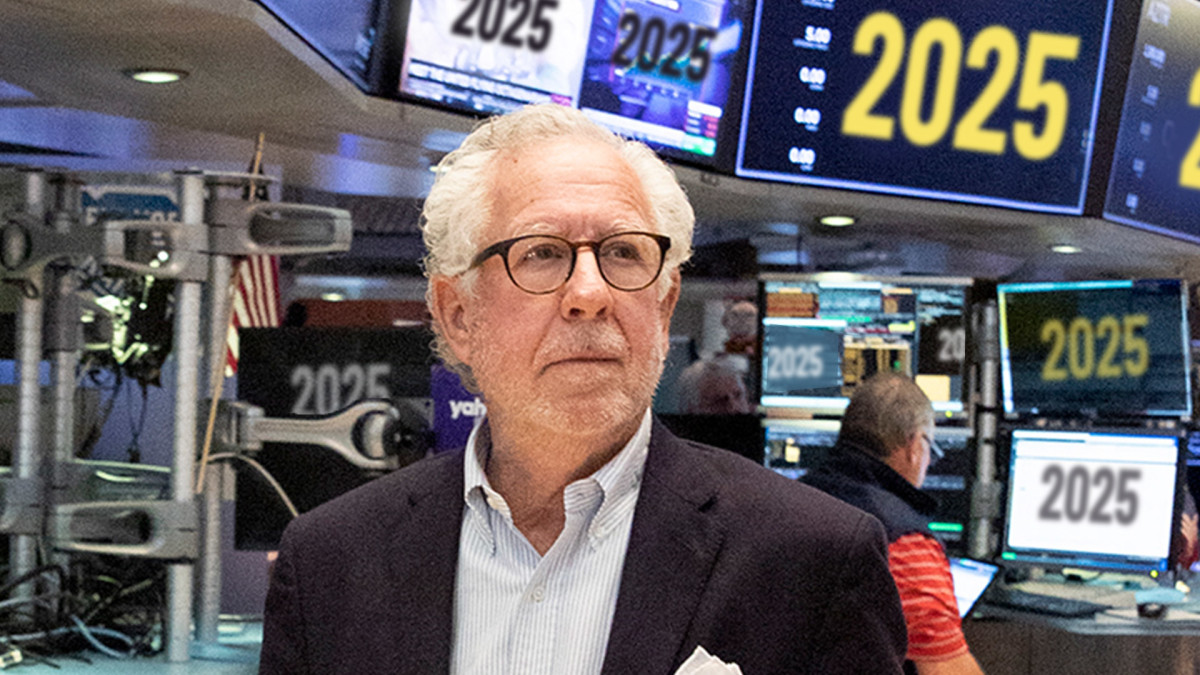Shark Tank's Kevin O'Leary disagrees with Microsoft on key issue
The notable investor and TV personality sends a blunt message on a controversial workplace topic.

The world’s largest software giant has become the latest major U.S. employer to scale back remote work, joining a growing national trend among large corporations.
By February 2026, Microsoft (MSFT) will require employees living within 50 miles of its Redmond, Wash. headquarters to work onsite at least three days per week.
This move aligns Microsoft with other firms such as Meta, Google, JPMorgan, and Amazon, all of which have tightened their return-to-office (RTO) policies since the pandemic’s decline.
The shift reflects a broader reevaluation of workplace norms across the country, as companies increasingly prioritize in-person collaboration and use office attendance as a metric in performance reviews.
But Kevin O'Leary, an investor on ABC's "Shark Tank," has a point of view on the subject of remote work that contrasts significantly with Microsoft's and the growing trend of requiring workers to come back to the office.
Related: Dave Ramsey bluntly speaks on 401(k)s, IRAs
Nationally, return-to-office mandates have gained momentum. Just recently, NBCUniversal announced a four-day in-office requirement for its workforce, reinforcing the idea that remote work may no longer be the default.
While some companies cite productivity and innovation as reasons for the change, others appear to be using RTO policies as a tool for workforce reduction. Instead of issuing formal layoffs, firms can prompt resignations or terminate employees who fail to comply with new attendance rules.
Kevin O'Leary: 'There is no 9 to 5'
In a post on LinkedIn, O'Leary says he is no longer a believer in requiring employees to go into an office:
I don't believe in the 9 to 5 job market any more. None of my team works in an office any more because they don't want to. We have people working for us all around the world. We somehow are very, very productive and that's the new economy.
O'Leary explains the new environment around how he communicates with employees about deadlines for work completion.
I don't care when you get it done. I don't care if it's two in the morning or eight in the morning. There is no 9 to 5. Just get it done by the deadline.

Image source: Bloomberg/Getty Images
Impact of return-to-work policies for Microsoft, other major companies
- Microsoft will require in-office work by February 2026.
- RTO applies to employees within 50 miles of Microsoft's Redmond campus.
- Attendance will factor into performance evaluations.
- The RTO trend is accelerating nationwide, with NBCUniversal joining.
- RTO is often used as a tool for workforce reduction.
- Microsoft has laid off over 15,000 employees since early 2025.
- Criticism continues over Microsoft's ongoing H1-B visa hiring amid layoffs.
- The regional impact includes increased traffic in Puget Sound.
- Amazon, Starbucks, and Boeing are enforcing similar policies.
- Remote work is no longer a default for many U.S. corporations.
Microsoft RTO policy seemingly tied to layoffs
Microsoft has laid off more than 15,000 workers since early 2025, raising questions about whether its RTO policy is part of a broader restructuring strategy.
The company has also faced criticism for continuing to hire foreign-born workers through the H1-B visa program, even as domestic layoffs mount.
Though Microsoft denies any link between its hiring practices and staff reductions, the issue has drawn scrutiny from tech workers and immigration skeptics.
More on personal finance:
- Dave Ramsey sends strong message on housing costs
- Scott Galloway explains his views on retirement, Social Security
- Tony Robbins makes key statement on IRAs, 401(k)s
Regionally, Microsoft’s decision is expected to reshape commuting patterns in the Puget Sound area. With over 53,000 employees based at its Redmond campus — nearly a quarter of its global workforce — the policy will have a significant impact on local traffic.
Other major employers in the region, including Amazon, Starbucks, and Boeing, have already implemented similar return-to-office mandates.
Amazon’s aggressive policy earlier this year, which required corporate employees to return for the full workweek, has contributed to increased congestion in Seattle and surrounding areas.
As more companies follow suit, the shift away from remote work nationwide is being felt not just by employees and managers at many companies, but also on highways and transit lines as people readjust to commutes after years of working at a home office.
Related: Shark Tank’s Kevin O’Leary bluntly speaks on Americans' 401(k)s
What's Your Reaction?




















































